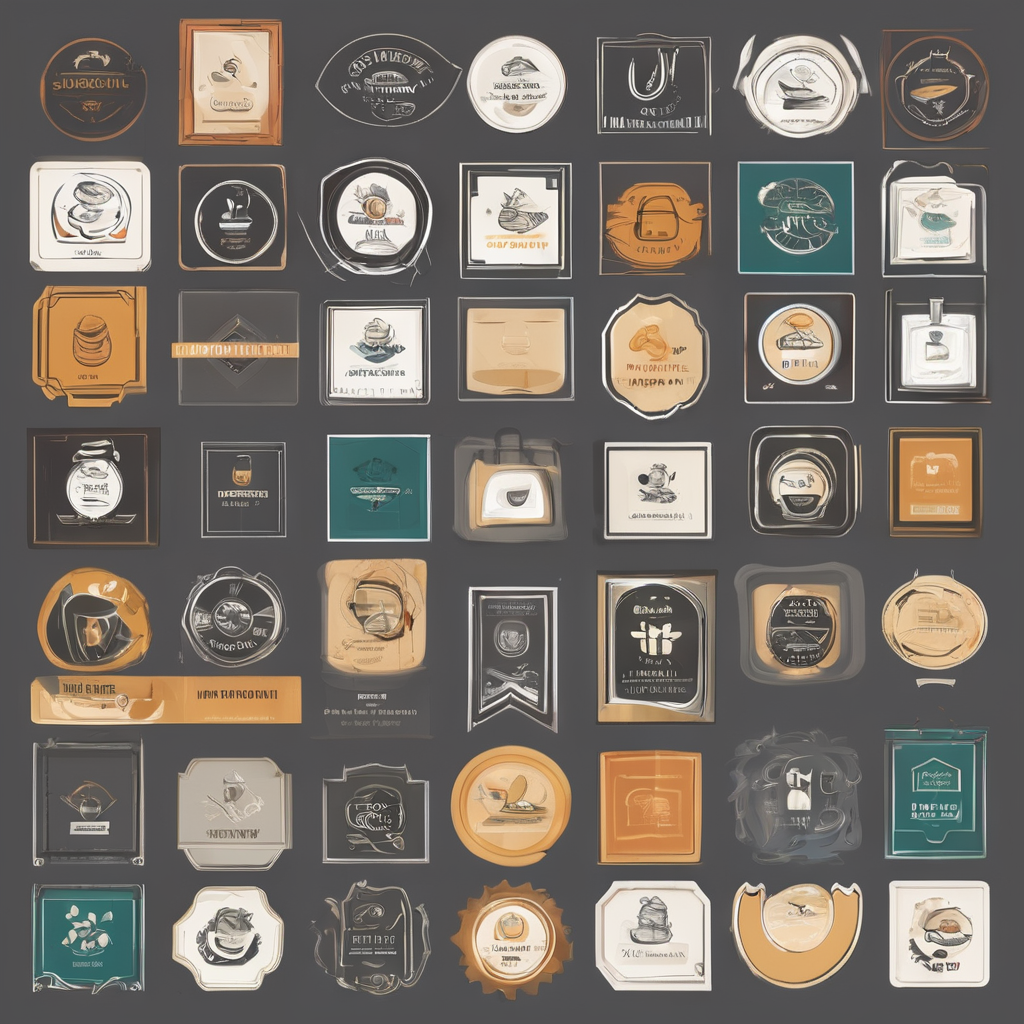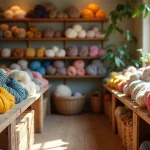Sustainable Materials Changing UK Women’s Fashion
Sustainable fabrics have become central to transforming women’s fashion in the UK. Increasingly, designers and manufacturers are embracing eco-friendly materials such as organic cotton, hemp, and bamboo, which reduce reliance on resource-intensive conventional textiles. These fabrics not only diminish water usage and chemical inputs but also ensure biodegradability, minimizing long-term environmental harm.
Recycled fabrics play a significant role in curbing waste by repurposing plastic bottles and textile scraps into wearable materials. This approach lessens landfill accumulation and cuts down on energy consumption compared to virgin fabric production. For example, recycled polyester and regenerated nylon are gaining traction as versatile, durable sustainable fabrics that support a circular fashion economy.
In the same genre : How Can Women in the UK Define Their Personal Fashion Style?
Innovation in textile sourcing and production processes is advancing rapidly. Manufacturers are adopting cleaner dyeing techniques and low-impact finishes, which reduce chemical pollution and water waste. Additionally, emerging technologies such as biofabrication—growing textiles through microbial processes—promise novel eco-friendly materials that could revolutionize the fashion supply chain. Overall, these green fashion innovations not only lessen the environmental footprint but also inspire lasting change throughout the UK women’s fashion industry.
Ethical Production and Transparency in the Fashion Industry
Ethical fashion is reshaping UK women’s fashion by prioritizing fair labour practices and transparent supply chains. This approach ensures that every stage of production respects workers’ rights, providing safe working conditions and fair wages. Transparent supply chains offer consumers clear information about where and how garments are made, fostering trust and accountability.
Also read : How Have Influential Women Shaped the Fashion Trends in the UK?
How does ethical labour and transparent production redefine UK women’s fashion? By embedding social responsibility into the core of design and manufacturing, brands move beyond sustainability focused only on materials, addressing human impact as well. This creates a more holistic green fashion innovation that combines environmental and social ethics.
Several UK brands have become pioneers in ethical fashion by openly sharing their supply chain data and implementing rigorous audits. They emphasize fair labour practices while sourcing eco-friendly materials, linking ethical production to green fashion innovations seamlessly. These leaders demonstrate that transparency is not just a marketing tool but a fundamental principle driving positive change in the industry.
Ultimately, ethical production is crucial for consumers seeking not only sustainable fabrics but also assurance that entire garment lifecycles—from fibre to final stitch—uphold justice and fairness. This shift elevates UK women’s fashion to a new standard of responsibility, aligning with growing consumer demand for integrity and transparency.
Brands Leading the Sustainability Movement
The landscape of UK women’s fashion is increasingly shaped by sustainable fashion brands that prioritize environmental and social responsibility. Established names have integrated eco-friendly materials and ethical policies into their core business models, setting a standard for the industry. These pioneers in green fashion demonstrate that sustainability is not a niche but a vital aspect of modern fashion.
Emerging designers and grassroots labels contribute fresh energy by experimenting with innovative materials and production techniques. They often emphasize transparency and local sourcing, creating a deeper connection to sustainable values. Their efforts prove that small-scale brands can drive impactful change alongside larger, established counterparts.
Industry recognition and certifications play critical roles in validating brand commitments. Accreditations related to fair labour practices, sustainable fabrics, and supply chain transparency help consumers identify trustworthy labels. This framework encourages brands to maintain high standards and fosters accountability, further advancing the green fashion movement in the UK.









